Creedence Clearwater Revival’s 1970 Royal Albert Hall Show Finally Surfaces: Review
by Jeff BurgerYou need to keep your eyes wide open when shopping for concert albums by Creedence Clearwater Revival. Live in Europe, for example, doesn’t deliver the whole group: it was recorded in September 1971, after Tom Fogerty’s departure, and released despite his brother John’s strong protests. The Concert, which came out in 1980, was originally mislabeled as a recording of the band’s April 14, 1970, Royal Albert Hall show in London but in fact preserves an Oakland, California, concert from about three months earlier. Though you might not notice the band’s name change, meanwhile, a two-disc 1998 live set called Recollection was issued from Creedence Clearwater Revisited, a group that features only two of CCR’s four original members, bassist Stu Cook and drummer Doug Clifford.
2022’s new At Royal Albert Hall, however, delivers just what its cover touts—the performance by the original band that the 1980 disc erroneously promised so long ago. The show is available on CD and vinyl as well as on Blu-ray, where it is incorporated into a film called Travelin’ Band: Creedence Clearwater Revival at the Royal Albert Hall. A numbered, limited-edition boxed set serves up all three formats, plus a poster, a reproduction of the 1970 tour program, a 16-page booklet and a bonus CD and LP, both with music from the film that includes two tracks from the pre-CCR Golliwogs, one from Tommy Fogerty and the Blue Velvets, and nine of Creedence’s key early singles.
Though the group would begin to splinter less than a year after the Royal Albert Hall show, you’d never know it from that performance, which includes seven of their John Fogerty–penned smash hits: “Born on the Bayou,” “Green River,” “Fortunate Son,” “Bad Moon Rising,” “Commotion” and “Proud Mary,” all—rather incredibly—from 1969, and 1970’s “Travelin’ Band.” Rounding out the setlist are Fogerty’s “Tombstone Shadow” and a nearly nine-minute “Keep On Chooglin’,” plus covers of “Midnight Special,” “The Night Time Is the Right Time, and “Good Golly Miss Molly.”
As good as this program is, it’s missing a lot of CCR high points, such as 1969’s “Lodi” and “Down on the Corner” and early 1970’s “Who’ll Stop the Rain,” “Run Through the Jungle” and “Up Around the Bend.” Also not here, of course, are the half dozen major hits that CCR released after the date of this concert.
Related: So, you think you know the words to CCR’s “Green River”?
What is included is excellent, however. The live arrangements don’t vary much from the studio ones, but the band is tightly knit and on fire throughout, and its ability to duplicate its records onstage is impressive. Moreover, the concert serves as a reminder that while John Fogerty wrote the songs and served as lead vocalist and guitarist, his three bandmates all made indispensable contributions.
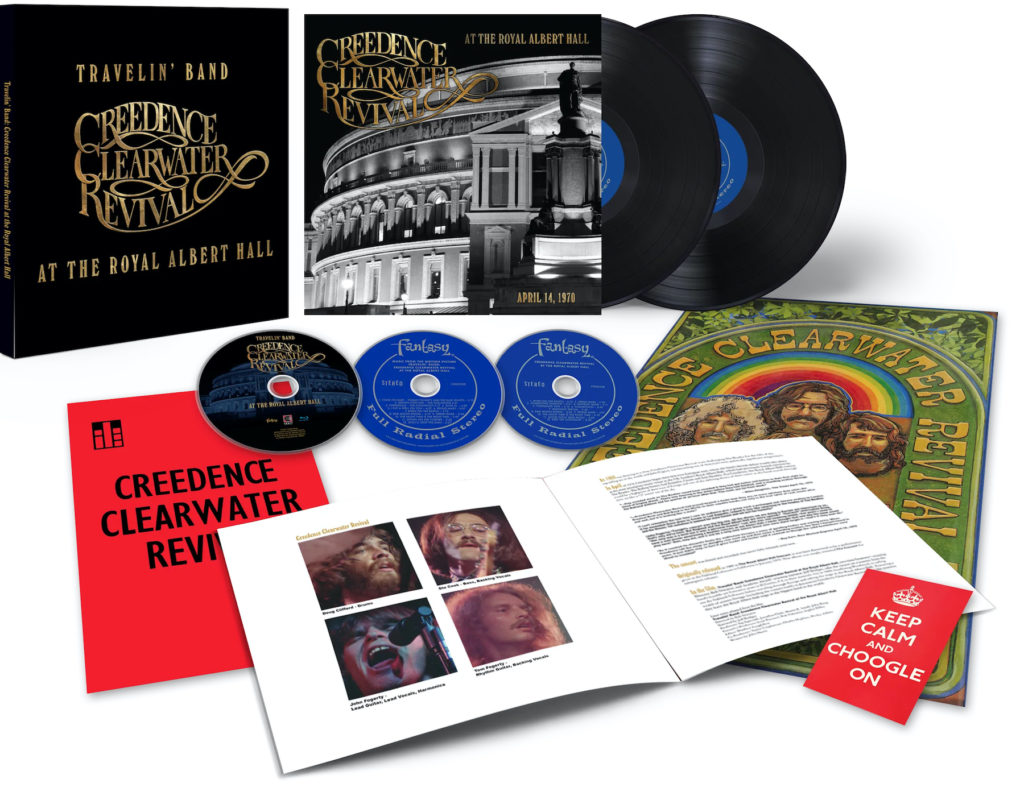 The 86-minute film on Blu-ray (which is also available on Netflix) is a blast, but mostly because it includes the concert rather than because of the approximately half-hour of documentary footage that precedes the show. That footage does convey a bit of noteworthy band history, but it also features frivolous and forgettable interview clips, and actor Jeff Bridges’ narration is loaded with overstatements. First, he says Creedence was “challenging the Beatles for the title of the biggest group in the world,” then that CCR was “now poised to take on the mantle of the biggest group in the world,” and finally that Creedence “could then rightfully lay claim to being the biggest band in the world.”
The 86-minute film on Blu-ray (which is also available on Netflix) is a blast, but mostly because it includes the concert rather than because of the approximately half-hour of documentary footage that precedes the show. That footage does convey a bit of noteworthy band history, but it also features frivolous and forgettable interview clips, and actor Jeff Bridges’ narration is loaded with overstatements. First, he says Creedence was “challenging the Beatles for the title of the biggest group in the world,” then that CCR was “now poised to take on the mantle of the biggest group in the world,” and finally that Creedence “could then rightfully lay claim to being the biggest band in the world.”
Watch them perform “Travelin’ Band”
In fact, while the Beatles’ chart successes made them the number one music act of the 1960s, CCR didn’t even penetrate the list of the Top 25 charting artists in that or any decade, according to Joel Whitburn’s authoritative Record Research. Nor did Creedence have any of the 50 bestselling singles of the ’60s and ’70s. This is not to take away from the group’s considerable achievements, which include lots of great music and nine Top 10 singles in less than two and a half years. In fact, it accomplished enough—and sound good enough on At Royal Albert Hall—to make you wonder why anyone would feel the need to exaggerate.

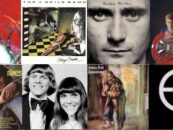
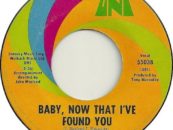
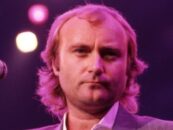
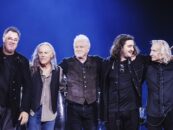

No Comments so far
Jump into a conversationNo Comments Yet!
You can be the one to start a conversation.